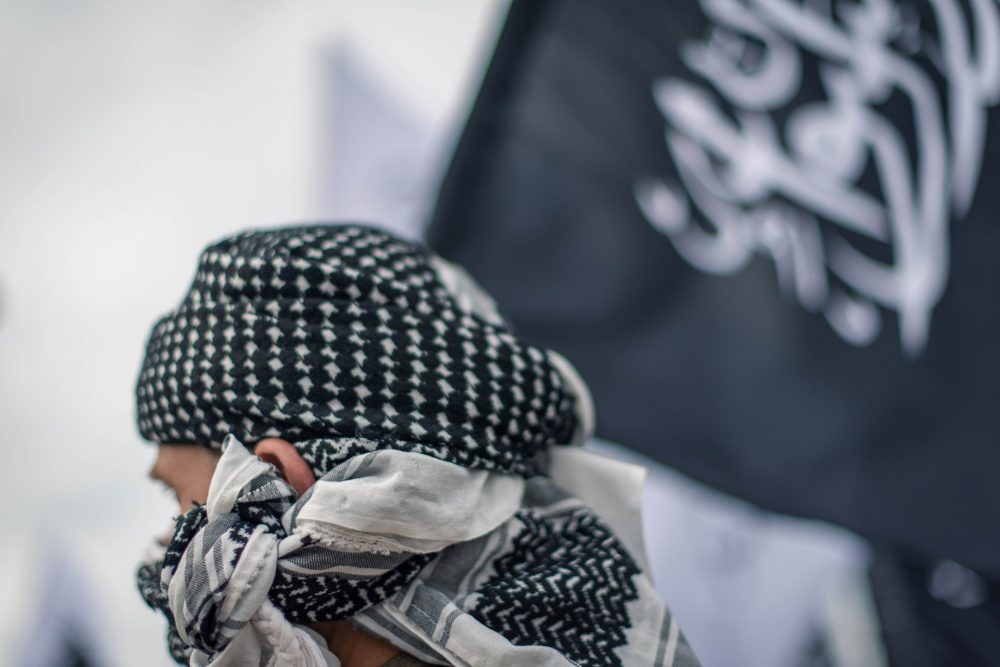
This is the third in a series of short reports of user journeys of individuals in extremist communities. This report focuses on IS support‐based feeder groups, particularly the Roma group. Supporter-based feeder groups are standalone brands, often tied to a specific platform, which are built in the image of a specific and prolific supporter – or a group of supporters – that has united to build out an organisation, usually from scratch. It is pertinent to note that these groups thrive on centrally sanctioned media outlets as well as larger support groups, and reproduce, remix, and rebrand content produced by IS’s Central Media Diwan as well as other more recognised support groups.
The decision to focus specifically on the Roma group, which is one of more than 60 IS‐recognised groups, is informed by its prominence as a supporter‐based feeder group within the broader spectrum of unofficial groups. It is also due to its being an experiment in platform‐specific “memetic warfare”. The various sections of the report highlight platform use, which includes “swarmcasting”, “micro‐influencers”, directing the “media invasion”, raids, violence and attacks, and gendered dynamics.
With regard to its methodology, the study used focus groups, mostly involving individuals who have accessed, observed, and sometimes participated in the private communication channels of these extremist communities. The names of all communities mentioned during the focus group, including those that participants accessed, have been removed.
Key findings from the report indicate that:
Some of these groups – such as Roma, which this report spotlights – have never been supported by an official outlet or by any of the semi‐official or larger unofficial IS media outlets.
The activities of the group, which operates exclusively on Facebook, are characterised by “swarmcasting” and the use of “collective intelligence”.
The group is dependent on micro‐influencers, who have built their own terrorist distribution brands through Facebook accounts that have been hijacked.
The higher the value of a target in a raid, the more attention, follows and support a micro‐influencer can garner on a specific platform. While a few accounts that promote raids identify as women, they rarely took part in actual “swarming” of targeted pages.
